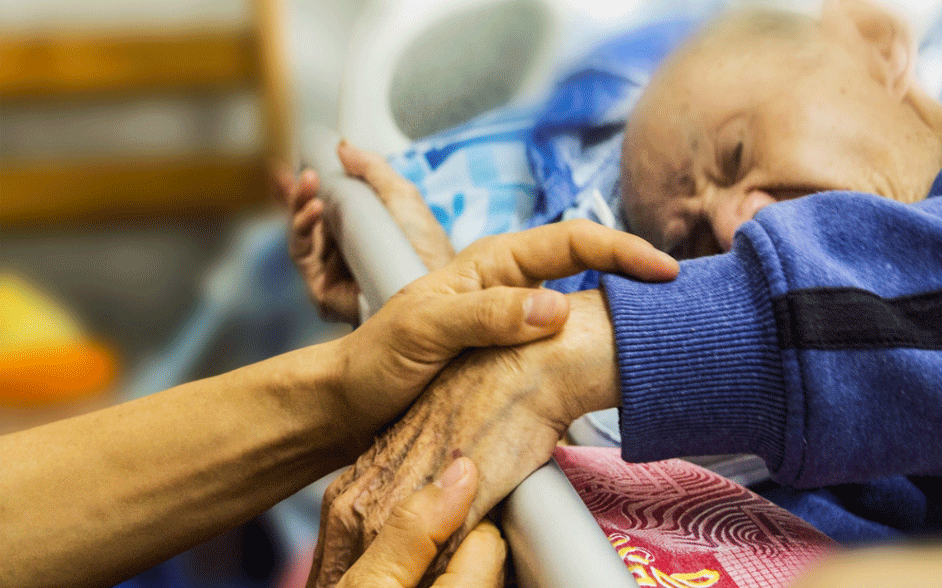- Mumbai, New Delhi, Bangalore
- (+91) 81518 30000
- WhatsApp Now
- contact@vedawellnessworld.com
Depression is a significant and growing concern in India, affecting millions across the country. Despite increasing awareness, many people still struggle to access effective treatment. The journey to recovery is often complicated by social stigma, lack of resources, and the varying quality of rehabilitation centers. This blog explores the challenges faced in depression rehabilitation centers across India, the importance of personalized care, and how innovative approaches are helping individuals regain control over their lives.
The Prevalence of Depression in India: India is home to one of the largest populations struggling with depression. The National Mental Health Survey (NMHS) of 2015-16 revealed that nearly 5% of Indians suffer from depression, with higher rates among women and those living in urban areas. However, these numbers are likely underestimated due to the stigma surrounding mental health, which often prevents people from seeking help.

Depression is a complex condition that requires a multifaceted approach to treatment. While challenges remain in India’s mental health care system, innovative therapies and a growing awareness are paving the way for better outcomes. At Veda Wellness, we are committed to providing high-quality, personalized care that addresses the unique needs of each individual. Our team of experts is here to support you every step of the way.
Take the first step towards recovery. Visit Veda Rehabilitation and Wellness to learn more about our depression treatment programs and find out how we can help you regain control of your life.